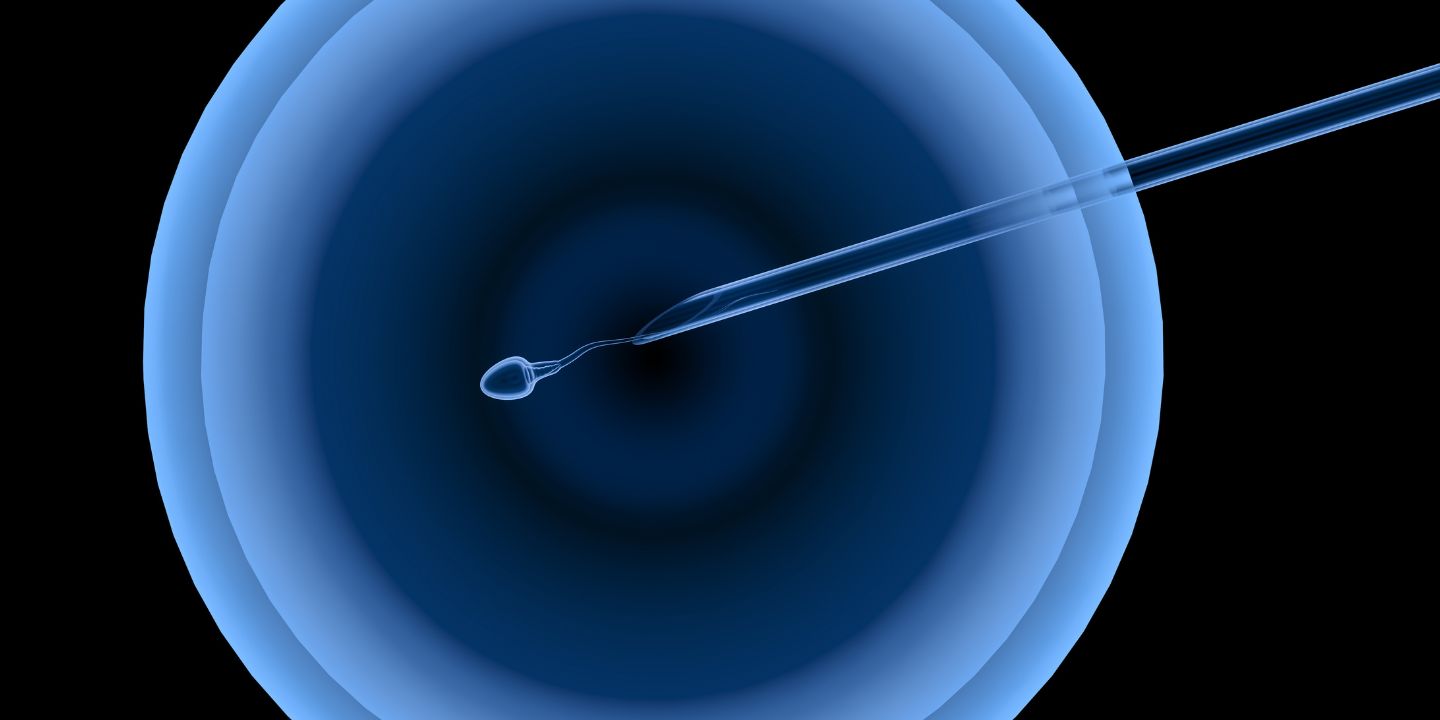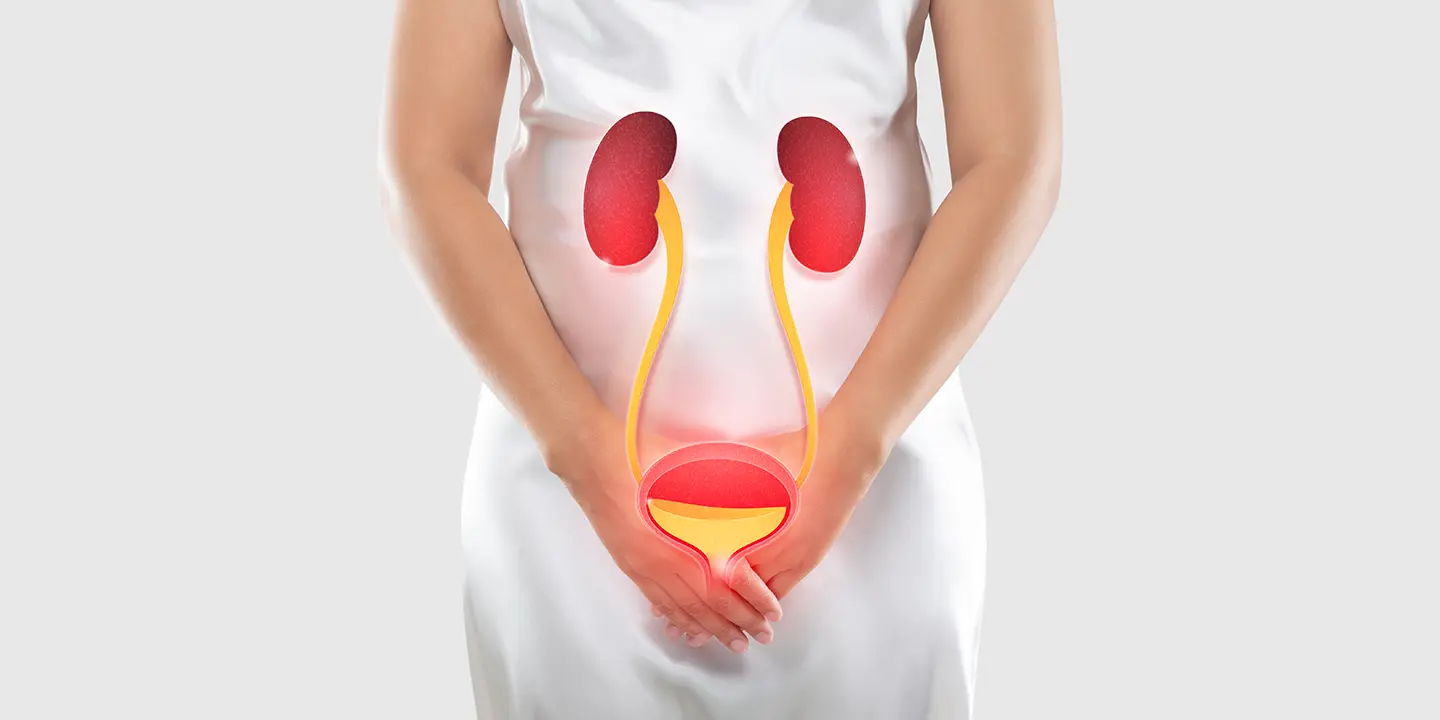
Marijuana, also known as weed or cannabis, is a plant that has been used for centuries for various purposes, from medicinal to recreational. In recent years, its use has become increasingly widespread, with changing legal statuses in many places. While the benefits and risks of marijuana are still a subject of ongoing research, one crucial aspect that has garnered attention is its potential impact on male and female fertility. In this blog, we’ll delve into the complex relationship between marijuana use and reproductive health.
In this Article
- 1 An Overview of Marijuana
- 2 Male Fertility and Marijuana
- 3 Female Fertility and Marijuana
- 4 Impact of Dose and Frequency
- 5 Factors Influencing Marijuana’s Impact
- 6 Lifestyle Factors and Fertility
- 7 Societal and Legal Factors
- 8 Medical Marijuana and Fertility
- 9 Potential Benefits of CBD
- 10 Seeking Professional Help
An Overview of Marijuana
What is Marijuana?
Marijuana, often referred to as weed, is a plant containing a myriad of compounds, but the key players we’ll explore are tetrahydrocannabinol (THC) and cannabidiol (CBD). THC is the notable psychoactive element responsible for the euphoric “high” associated with marijuana use, while CBD is non-psychoactive and known for its potential therapeutic benefits.
Common Uses
- Recreational Enjoyment: A significant draw of marijuana is its recreational use. Many people turn to marijuana for relaxation, altered perceptions, and a sense of euphoria. It’s often used in social settings or simply as a way to unwind, especially in regions where it’s legalized for such purposes.
- Medicinal Applications: Marijuana’s therapeutic potential has led to its use in managing various medical conditions. CBD, in particular, has gained attention for its non-psychoactive healing properties. It’s utilized to alleviate chronic pain, anxiety, and epilepsy, among other ailments. This aspect of marijuana appeals to those seeking relief without the mind-altering effects.
Male Fertility and Marijuana
Understanding Male Fertility
Understanding how marijuana impacts male fertility requires a grasp of the male reproductive system. At the core of male fertility is the production and function of sperm. Sperm, those tiny swimmers, are responsible for fertilizing the female egg, and their quality and quantity are crucial.
Sperm Quality and Quantity
The impact of marijuana on male fertility starts with sperm quality. Several studies have suggested that regular marijuana use may lead to decreased sperm count and motility. The active compound in marijuana, tetrahydrocannabinol (THC), has been shown to affect the endocannabinoid system, which plays a crucial role in sperm production and function. Chronic use of marijuana may lead to structural abnormalities in sperm and hinder their ability to reach the egg for fertilization.
Hormonal Disruption
Marijuana can also disrupt hormonal balance in males. Chronic marijuana use has been linked to lower levels of testosterone, the primary male sex hormone. These hormonal imbalances can further contribute to infertility by affecting sperm production and quality.
Erectile Dysfunction
While not directly related to fertility, it’s worth noting that marijuana use has been associated with erectile dysfunction in some cases. This can create additional challenges when attempting to conceive.
Impact of Smoking
It’s important to consider the method of consumption. Smoking marijuana, like tobacco, involves inhaling harmful substances, which can lead to damage to the testes and a reduction in sperm quality. Vaporizing or consuming edibles may be less harmful in this regard.
Related Blog: 11 Harmful Effects of Smoking on Fertility and Reproductive Health
Reversibility
One silver lining is that the effects of marijuana on male fertility appear to be reversible upon cessation of use. This means that if a man stops using marijuana, his sperm quality and fertility can improve over time.
Female Fertility and Marijuana
Understanding Female Fertility
The female reproductive system is an intricate interplay of hormones, ovaries, fallopian tubes, and the uterus. It relies on a healthy menstrual cycle and regular ovulation.
Menstrual Cycle Irregularities
For women, marijuana can affect the menstrual cycle. Some research suggests that heavy marijuana use can lead to irregular periods and even anovulation, the absence of ovulation. Irregular ovulation can significantly hinder fertility since it’s necessary for conception.
Pregnancy Complications
Pregnant women who use marijuana can expose their unborn children to potential risks. Studies have shown an increased risk of preterm birth, low birth weight, and developmental problems in babies born to mothers who used marijuana during pregnancy. These complications can have long-lasting effects on a child’s health.
Implantation and Fertilization
THC, the active compound in marijuana, can impair the ability of the fertilized egg to implant in the uterus. This is a critical step in early pregnancy, and any interference can lead to miscarriage or failed implantation.
Breastfeeding
Women who continue to use marijuana during breastfeeding can pass THC to their infants through breast milk. This can have adverse effects on a child’s development, as THC can accumulate in a baby’s system and lead to cognitive and developmental issues.
Impact of Dose and Frequency
It’s important to note that the impact of marijuana on fertility may depend on the dose and frequency of use. Occasional use may have milder effects, while chronic, heavy use is more likely to result in serious fertility-related issues. Nonetheless, it’s important for individuals who are trying to conceive to consider the potential consequences of marijuana use on their fertility.
Factors Influencing Marijuana’s Impact
It’s not just a simple ‘yes’ or ‘no’ regarding marijuana and fertility. Various factors come into play. The frequency, duration, and potency of marijuana use can influence its effects. Moreover, individuals react differently to the same substance, and other variables in a person’s life may also contribute to fertility issues.
Impact of Secondhand Smoke
But what if you’re not the one using marijuana, and you’re exposed to secondhand smoke? The risks don’t discriminate. Secondhand marijuana smoke can pose dangers, particularly to non-users, such as children and pregnant women. It’s a stark reminder of the importance of considering those around you when indulging in marijuana use.
Mechanisms of Action
The interaction between marijuana and fertility is not entirely understood, but it’s believed to involve the endocannabinoid system, a network of receptors in the body that help regulate various processes. THC, the psychoactive compound in marijuana, closely mimics the body’s natural endocannabinoids and can interfere with the proper functioning of this system.
Moderation and Timing
It’s crucial to highlight that the impact of marijuana on fertility appears to be dose-dependent. Occasional, moderate use may differ from heavy, chronic consumption. This emphasizes the importance of moderation.
Lifestyle Factors and Fertility
In the journey to safeguard one’s fertility, lifestyle factors come to the forefront. Simple choices in diet, physical activity, and stress management can wield substantial influence over reproductive well-being.
- Diet: What we eat matters. A balanced diet rich in essential nutrients, like vitamins and minerals, can bolster fertility. Opting for a variety of fresh fruits, vegetables, lean proteins, and whole grains can provide the body with the fuel it needs for optimal reproductive function.
- Exercise: Regular physical activity can maintain a healthy body weight and enhance overall well-being, both of which contribute to fertility. Moderate exercise helps in managing stress and regulating hormone levels.
- Stress: Chronic stress can disrupt the delicate hormonal balance necessary for fertility. Incorporating stress-relief techniques, such as mindfulness and relaxation, can be beneficial.
Embracing a lifestyle that includes these elements can be a supportive companion in your fertility journey.
Societal and Legal Factors
The landscape of marijuana legalization and social acceptance has rapidly evolved in recent years. Understanding how these changes intersect with fertility is crucial. In some places, marijuana has become more accessible, leading to an increase in use among reproductive-aged individuals. This shifting cultural landscape raises important questions about the role of societal and legal factors in fertility decisions.
Medical Marijuana and Fertility
While recreational marijuana use has been the focus of many studies, it’s worth mentioning that medical marijuana is a separate entity. Patients who use medical marijuana for various conditions need to consult their healthcare providers to understand the potential risks and benefits associated with their specific medical conditions and fertility goals.
Potential Benefits of CBD
Cannabidiol (CBD), another compound found in marijuana, is often touted for its potential therapeutic benefits. Some studies suggest that CBD may have anti-inflammatory and analgesic properties. In the context of fertility, these properties could potentially help with conditions that impact reproductive health, such as endometriosis or polycystic ovary syndrome (PCOS). However, more research is needed to fully understand the benefits and risks of CBD in the context of fertility.
Seeking Professional Help
For individuals experiencing fertility issues or those planning to start a family, consulting with a healthcare provider or fertility specialist is recommended. They can provide personalized guidance and assistance.
Conclusion
In the complex relationship between marijuana and fertility, the science is still evolving. What is clear is that both male and female fertility can be affected by marijuana use, and the effects may vary based on factors such as dosage, frequency, and individual physiology. Understanding the potential risks and seeking professional guidance when needed is vital for individuals who wish to safeguard their reproductive health. In a world where marijuana is becoming increasingly accessible, making informed choices is paramount.
For personalized guidance and expert advice on all matters related to reproductive health, including the impact of marijuana on fertility, reach out to Queen’s Gynecology. Our dedicated team of healthcare professionals is here to support you on your journey toward a healthy and informed approach to your reproductive well-being. Your future family’s health is our priority. Contact us today for a consultation.






























































































































































































